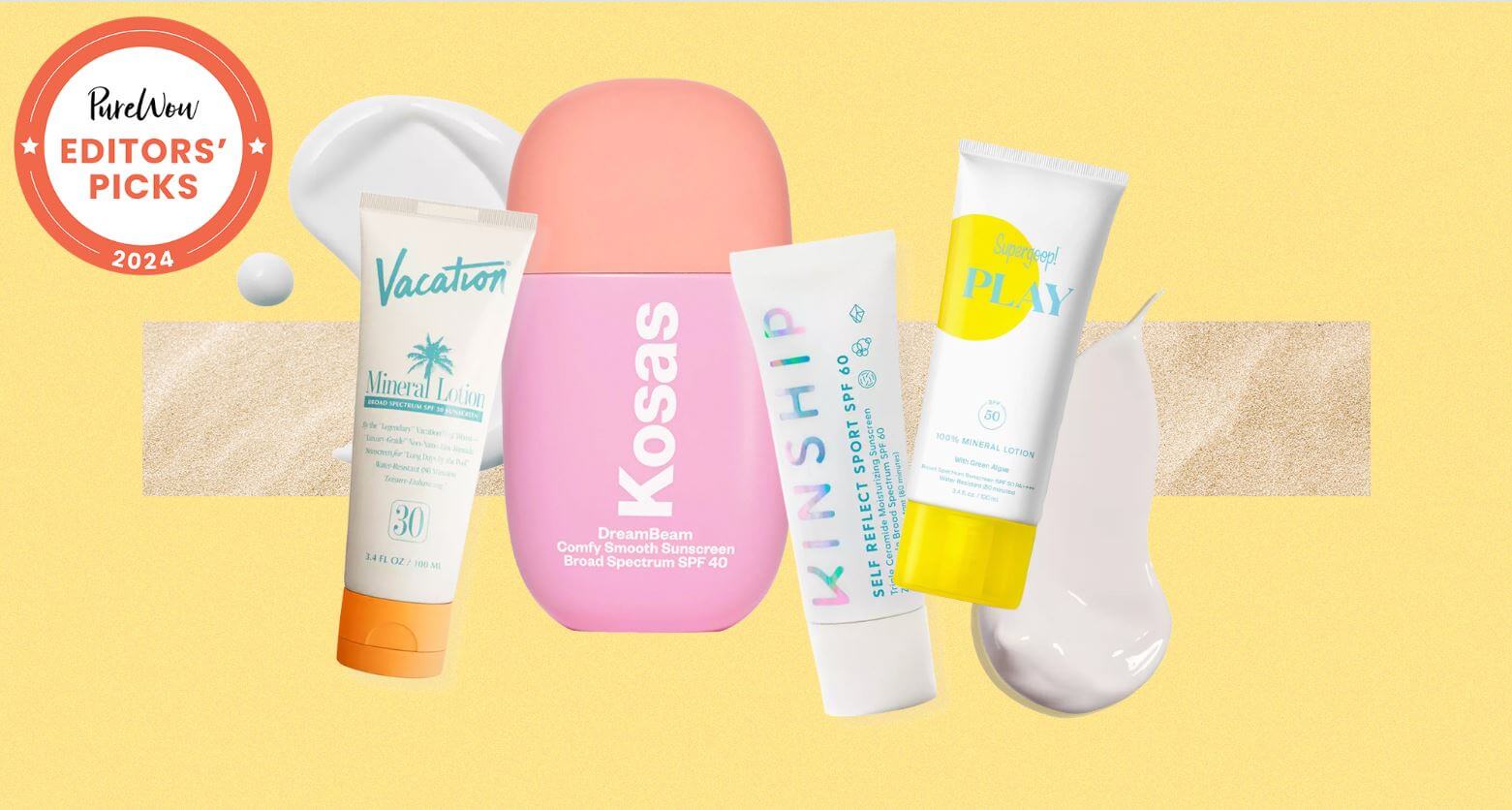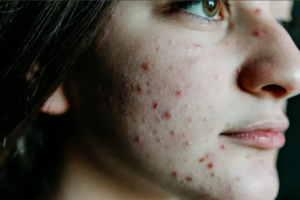Read Full Article HereSunscreens come in two forms: chemical and physical (also known as mineral). While both types protect your skin against the sun, they go about this differently. Mineral sunscreens sit on top of the skin to block UVA and UVB rays from penetrating, whereas chemical sunscreens absorb into the skin to convert UV rays into heat that can be released from the skin. Both types have their pros and cons, but if you’re partial to using physical formulas, we’ve whittled down a list of our favorites for you ahead. Whether you’re looking for a face sunscreen (like La Roche-Posay Anthelios Sunscreen), a body sunscreen (like Vacation Mineral Lotion Sunscreen ) or a sunscreen for your kids (like Mustela Baby Mineral Sunscreen Spray), here are the 18 best mineral sunscreens, according to the experts and editors.
How We Chose the Best Mineral Sunscreens
We tapped our editors to share their favorite mineral sunscreens and provide their honest insights for each product. We also reached out to dermatologists, who provided science-backed recommendations that they use on themselves and on their patients. From there, we did a deeper dive into each sunscreen’s key ingredients, SPF levels and other noteworthy benefits to make your selection even easier.
What to Consider When Shopping for Mineral Sunscreen
- Active Ingredients: Start by seeing if zinc oxide and titanium dioxide are included in the product. These are two great mineral blockers. Once you have one (or both) of those in your formula, you can start looking for nourishing ingredients like hyaluronic acid, niacinamide and aloe to hydrate and soothe the skin.
- SPF: All the experts we interviewed suggest SPF 30 or above for the most protection under the harsh rays. “It’s always important to look for a sunscreen that offers broad spectrum coverage and provides protection against UVA and UVB,” states Dr. Garshick.
- Finish: Most mineral sunscreens come in clear and sheer finishes. However, you can also consider a tinted mineral sunscreen. As Dr. Garshick adds, “In some cases, it can help to look for a mineral sunscreen that is tinted to help provide some natural color coverage. Tinted sunscreens often contain iron oxide to protect the skin from blue light, which has also been shown to contribute to skin damage.”
The 18 Best Mineral Sunscreens, Vetted By Editors and Experts
March 4, 2024








